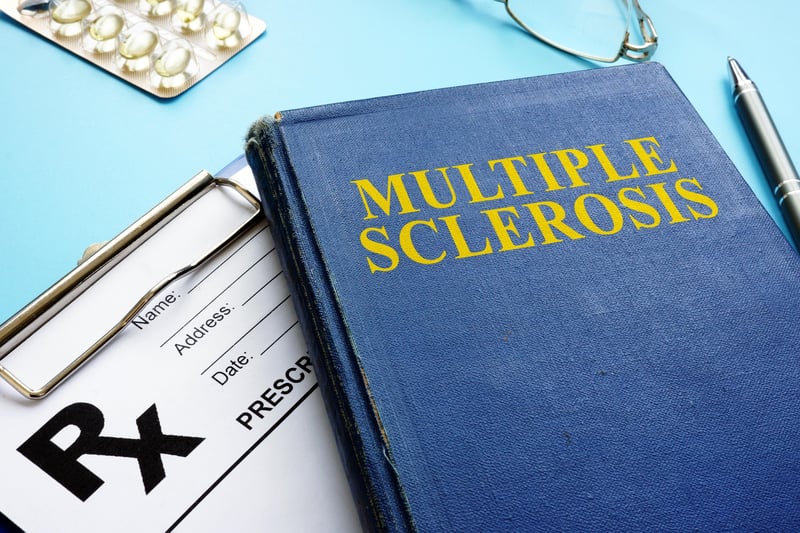Get Healthy!

- Cara Murez
- Posted March 16, 2023
Fertility Treatments Pose No Danger to People With MS
Women with multiple sclerosis who want to undergo fertility treatment can do so without worry, according to a new study.
Participants who had MS were no more likely to have a flare-up of the disease after receiving fertility treatments than they were before their treatments, researchers found.
The study also found a link between MS medication and lack of an increase in relapses during fertility treatment.
"These results are exciting, as MS is common among females of childbearing age, and those with MS are more likely to be diagnosed with infertility but have been less likely to receive fertility treatment than those who do not have MS,"said study co-author Dr. Edith Graham, an assistant professor of neurology at Northwestern University in Chicago.
The findings were published online March 15 in Neurology Neuroimmunology & Neuroinflammation.
"Fertility treatments for people with MS are not as risky as we once thought. We did not see many relapses in our cohort, probably due to the fact that most of the patients were treated with disease-modifying therapies in the year prior,"Graham said in a journal news release.
MS, a chronic disease of the central nervous system, is potentially disabling.
Researchers studied 65 women, average age 37, who had at least one fertility treatment. Fifty-six of them had MS. Nine had clinically isolated syndrome, which is the first episode of MS symptoms.
Participants had been diagnosed for an average of eight years, though none had progressive MS.
The participants had 124 cycles of fertility treatments among them, including in vitro fertilization, intrauterine insemination and oral medications to induce ovulation.
Researchers searched participants' medical records for relapses in the year before having fertility treatments and in the three months after each treatment.
About 43% were receiving disease-modifying therapy for their MS during fertility treatments. Most had received treatment within the year prior.
None of the people on disease-modifying therapy relapsed in the three months post-stimulation, according to the study.
The research also found no different rate in women who became pregnant after their fertility treatments compared to those whose treatment did not end in pregnancy.
"We hope our findings provide reassurance to those with MS as well as fertility experts that these treatments are not associated with elevated risks of relapses,"Graham said. "It's important for people to remember that continuing appropriately timed disease-modifying treatments during fertility treatment can reduce the risk of relapse."
A limitation of the study was that it looked back in time and confirmation of relapses via brain scans wasn't available in all cases.
More information
The National Multiple Sclerosis Society has more on MS.
SOURCE: Neurology Neuroimmunology & Neuroinflammation, news release, March 15, 2023




